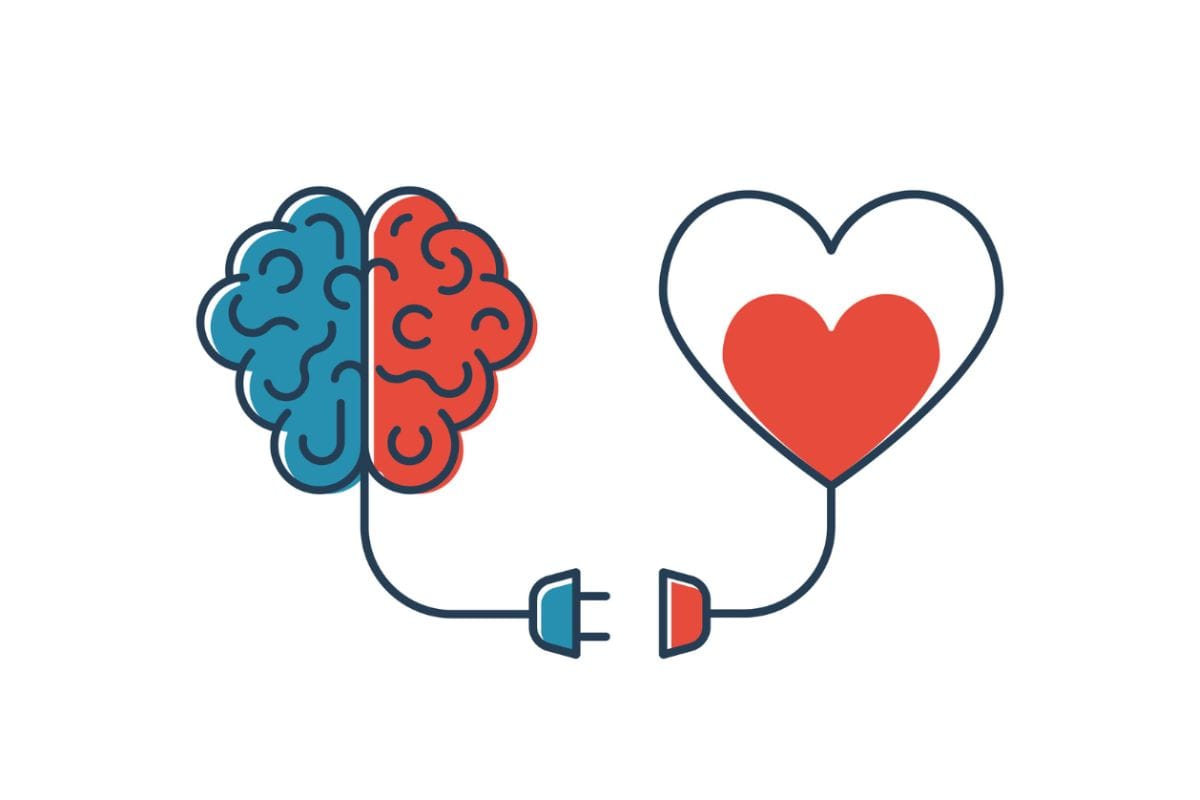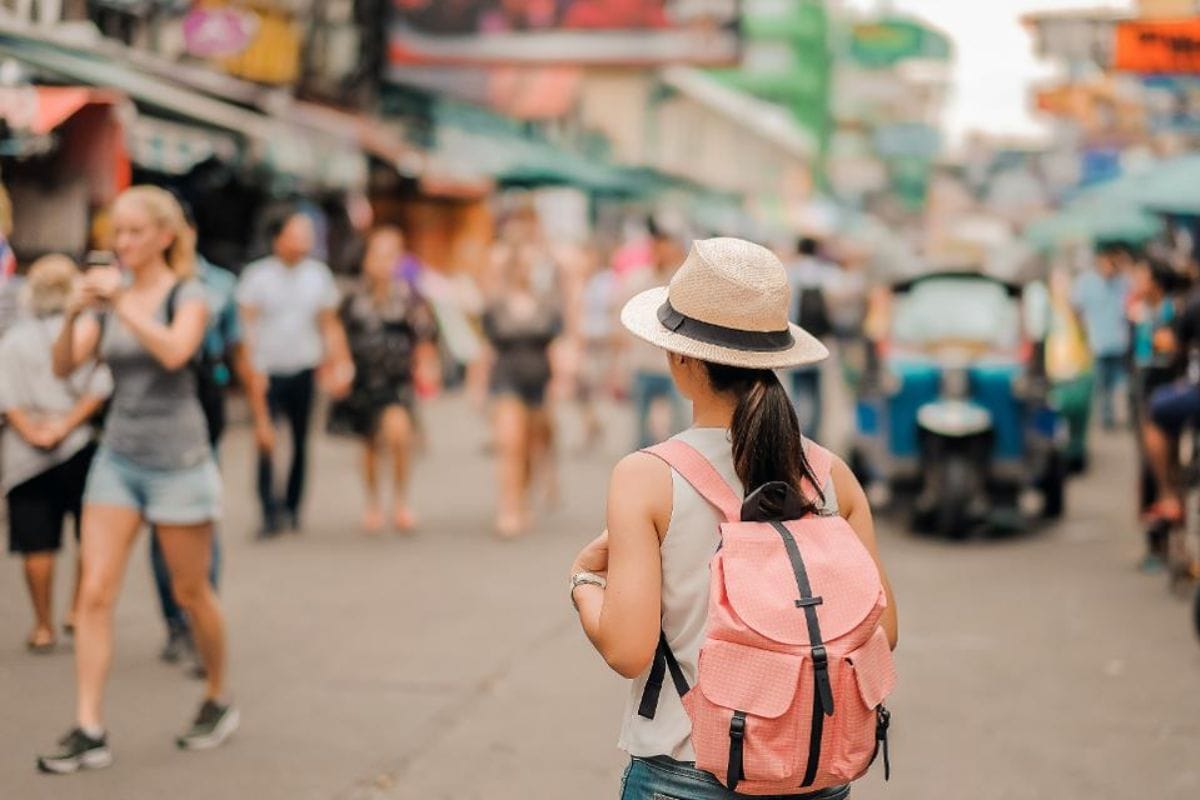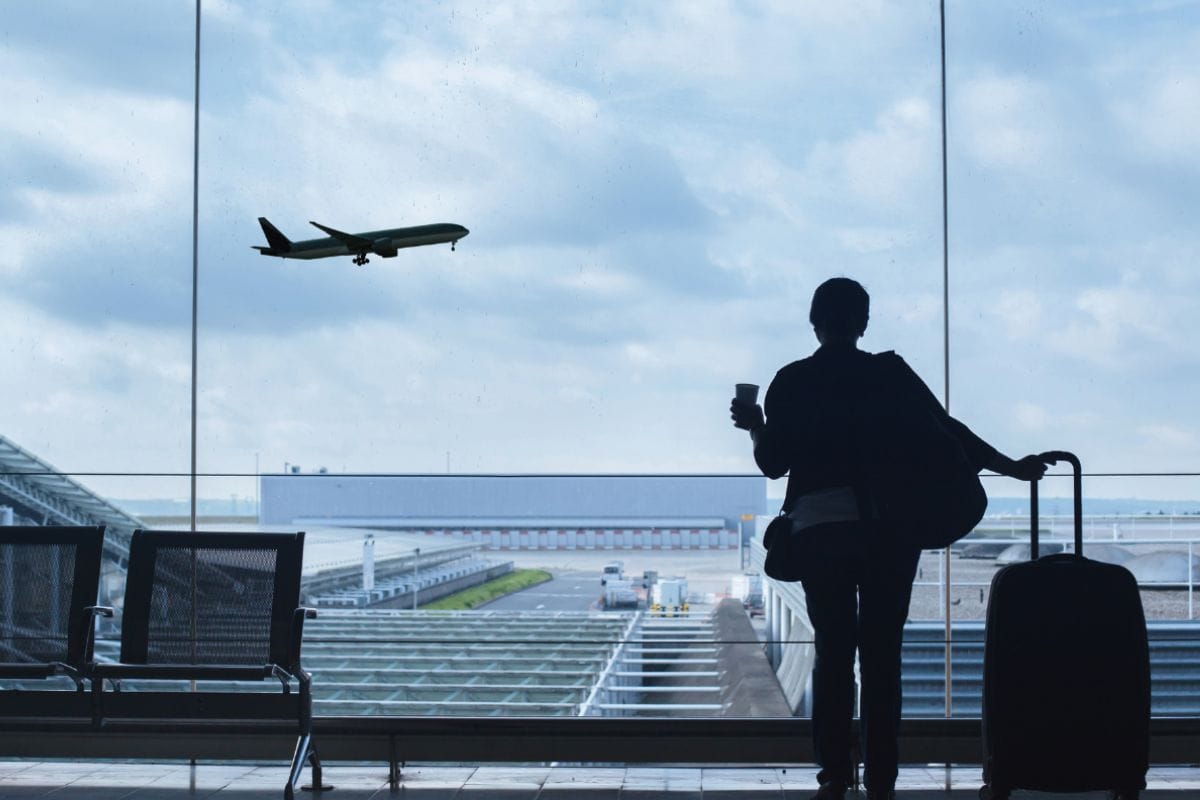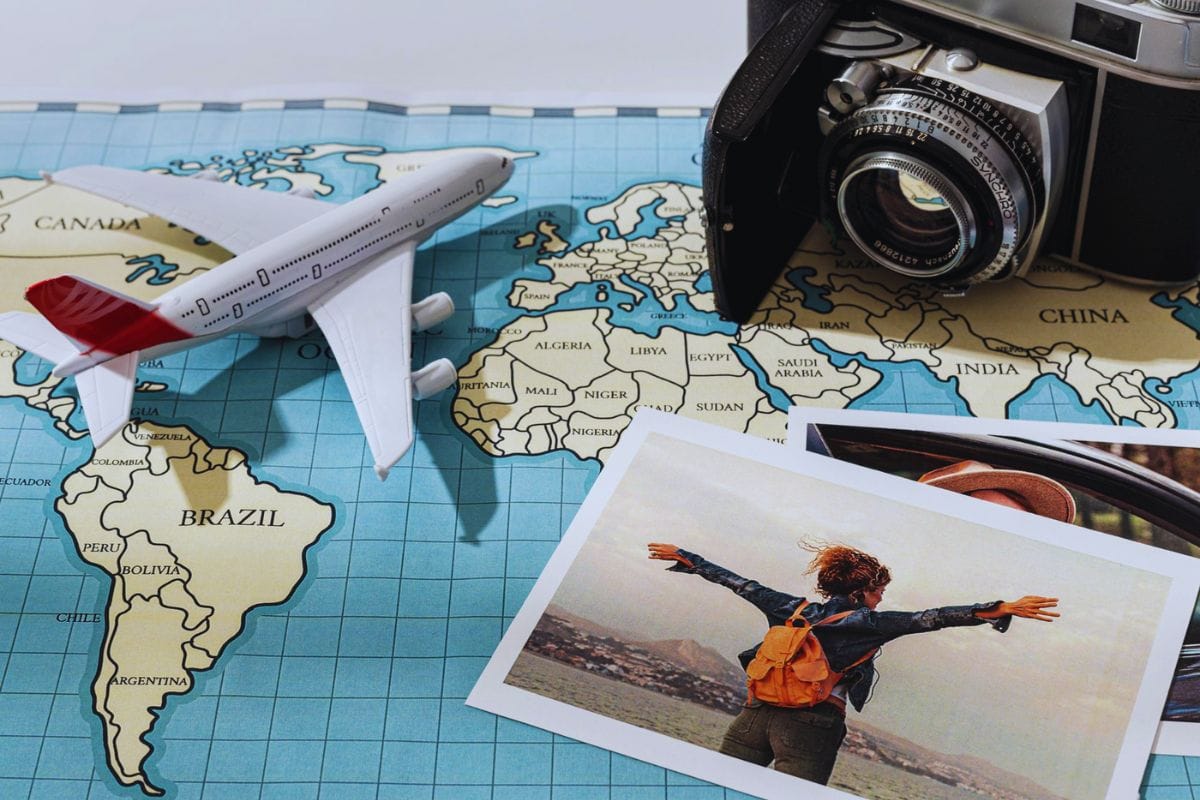Solo travel has become a rising trend in recent years, attracting adventurers of all ages and backgrounds. It offers something more profound than simply visiting new places — it provides a path to self-discovery, resilience, and personal growth. When you travel alone, you learn to navigate the world on your own terms, free from the expectations or needs of others. This independence can be transformative, revealing strengths you never knew you had and providing an opportunity to reflect on your values, choices, and goals.
While the idea of traveling solo might seem daunting to some, the experience often brings a sense of liberation. You are alone, but not lonely; instead, you're fully present in your surroundings, making new connections, both with people and with yourself. Solo travel forces you out of your comfort zone, but in doing so, it builds confidence, adaptability, and emotional intelligence. Many who embark on solo adventures return not just with stories of the places they’ve seen, but with a deeper understanding of themselves and what truly matters to them.
In this article, we’ll explore how traveling alone can change you—emotionally, mentally, and socially—showing you that solitude doesn’t have to mean isolation, but can instead be a powerful tool for personal growth.
Emotional Transformation

Increased Emotional Intelligence
Solo travel enhances emotional intelligence by placing you in situations where you must rely solely on your instincts. Without familiar support systems, you’re pushed to be more adaptable and perceptive of your emotions and those of others. Whether you’re navigating language barriers or understanding different cultural norms, these experiences help you become more empathetic and patient. Solo travelers often notice that they become better at reading social cues and managing their emotions during tricky situations.
Building Resilience and Coping with Challenges
Unexpected obstacles are part of every travel experience, but when you're on your own, you’re forced to manage them independently. From missed buses to sudden weather changes, solo travelers often find themselves improvising solutions, which helps build emotional resilience. These situations teach you to remain calm under pressure, making you more confident not only in travel but also in everyday life. The ability to bounce back from challenges while traveling strengthens your mindset, leaving you with a "can-do" attitude.
Cultivating Self-Compassion
Being alone while traveling gives you the space to make mistakes without the fear of being judged. Solo travelers often find themselves becoming more forgiving of small errors, like getting lost or booking the wrong tickets. This is where self-compassion comes in—learning to embrace imperfections and view them as part of the adventure. It’s a shift from striving for perfection to enjoying the journey, with all its hiccups. These moments of self-compassion help you navigate life with more grace and less self-criticism.
Mental Growth

Time for Reflection
Solo travel creates a rare opportunity for travelers to reflect deeply on their personal values and life goals. When you're free from daily distractions and familiar social environments, you have space to think about what truly matters. Many travelers use this time to reassess their life path, leading to life-changing decisions regarding careers, relationships, or personal growth.
For example, some solo travelers have returned with a renewed sense of purpose after taking time to step back and gain perspective. This kind of reflection aligns with mindfulness practices, where solitude fosters mental clarity and focus. Experts on meditation and mindfulness often emphasize the power of solitude to center your thoughts and gain better self-awareness, enhancing your ability to make important decisions.
Overcoming Fear and Expanding Comfort Zones
Solo travel also forces you to confront a variety of fears—whether it’s the fear of being alone, navigating a new city, or dealing with unfamiliar environments. This directly challenges your comfort zone, making you more open to new experiences. Travelers often describe the personal growth that comes from overcoming these challenges, as it reshapes their perspective on what they’re capable of.
Psychological theories like liminality explore how being in an "in-between" state, where you're neither in your usual environment nor completely adapted to a new one, can foster transformation. This state helps people embrace change and become more adaptable, both in travel and life.
Similarly, exposure therapy, a concept from psychology, shows that repeated exposure to what we fear gradually reduces our anxiety. For solo travelers, facing fears while being in control of their surroundings can lead to greater confidence and a reduced sense of fear in future situations.
Gaining Independence and Self-Reliance
One of the most transformative aspects of solo travel is the independence it requires. When you’re the sole decision-maker on your journey, you must rely on your problem-solving skills, planning abilities, and adaptability. From managing logistics to navigating local cultures, everything rests on your shoulders. This builds mental fortitude and boosts self-confidence.
According to self-determination theory, competence and autonomy are key drivers of personal fulfillment. Solo travel nurtures both—competence through successfully overcoming challenges and autonomy through the freedom to make decisions without external input. This sense of independence reinforces your ability to take on life’s challenges with a stronger, more self-assured mindset.
Social Impact

Strengthening Social Skills
Contrary to the belief that solo travelers are isolated, traveling alone often pushes you to engage more with locals and fellow travelers. Whether it's asking for directions, participating in local activities, or striking up a conversation at a café, these encounters force you to step outside your comfort zone and communicate more openly.
This engagement helps improve social skills, as you're constantly interacting with people from different backgrounds and learning how to communicate across cultural barriers. Intercultural communication theory suggests that interacting with diverse cultures fosters empathy, adaptability, and deeper understanding. Solo travelers frequently report that these experiences not only improve their ability to connect with others but also help them become more open-minded and culturally sensitive.
Building Deeper Connections with People and Places
When you travel solo, you're more likely to form deeper connections—both with the people you meet and the places you visit. Without the distraction of a travel companion, you're fully present in your surroundings, which allows for more intimate and meaningful encounters. Solo travelers often report forming strong bonds with locals or fellow travelers, as they engage more deeply with the environment and the people in it.
This aligns with the concept of transformational travel, where these deeper connections lead to life-altering experiences. Spending extended time in one place or building relationships with locals can leave a lasting impact, often changing the way solo travelers view themselves and the world around them. These connections become a core part of the solo travel experience, turning simple trips into transformative journeys.
Reducing Social Anxiety
Solo travel can also be a powerful tool for reducing social anxiety. Being on your own means you’ll inevitably have to interact with strangers and navigate unfamiliar social environments. At first, this can be intimidating, but with each interaction, you become more comfortable in these settings. The more you expose yourself to new social situations, the easier it becomes to engage with others.
This ties into principles from cognitive behavioral therapy (CBT), which uses exposure to feared situations as a way to reduce anxiety over time. Solo travelers who repeatedly put themselves in new social environments often report feeling less anxious in social situations after their trip, as the constant exposure helps them build confidence and ease.
The Hidden Challenges of Solo Travel and How to Overcome Them
Dealing with Loneliness
Although solo travel offers a sense of freedom, there are inevitable moments of loneliness. Being alone in a new place can trigger feelings of isolation, especially if you're used to the company of friends or family. To manage this, many travelers find ways to stay connected—whether through social media, video calls, or travel apps that connect solo travelers to one another. Participating in group tours or activities with locals can also help alleviate loneliness while giving you a chance to meet new people.
However, solo travel also teaches the value of embracing solitude. Instead of fearing loneliness, try to use it as an opportunity for self-reflection. Journaling, meditating, or simply taking quiet walks can help transform loneliness into peaceful solitude. Mindfulness practices, in particular, are known to help individuals feel more grounded and connected to themselves, even in moments of isolation.
Managing Safety Concerns
Safety is often a top concern for solo travelers, especially for women. While traveling alone does come with risks, you can mitigate many of them by taking precautions. Start by researching the safety of your destination and planning ahead. Using trusted travel apps, such as Google Maps or TripIt, can help you stay organized and avoid getting lost. Also, consider apps like "bSafe" or "GeoSure" that provide real-time safety information.
Always stay aware of your surroundings, avoid risky areas after dark, and trust your instincts. Staying in well-reviewed accommodations, sharing your itinerary with a trusted friend or family member, and checking local travel advisories are also key steps. Preparation not only reduces risk but also builds confidence in handling potential safety issues.
Decision Fatigue
Making every decision—from what to eat to how to navigate a city—can be mentally exhausting for solo travelers. This constant decision-making can lead to decision fatigue, where even small choices feel overwhelming. To avoid burnout, consider pre-planning some parts of your trip, such as accommodations and major activities, so you don’t have to make decisions on the fly every day.
Allow flexibility in your itinerary to take spontaneous breaks or changes in plans. Incorporating moments of rest and downtime into your schedule helps recharge your mental energy and prevents decision fatigue from taking the joy out of your trip.
Traveler's Testimonials
Traveling alone helped me get comfortable with uncertainty. After a few days of figuring out things on my own, I felt more confident in making decisions and handling unexpected situations.
– Sarah, 26, a solo traveler in Europe(AFAR Media).
- Many solo travelers report that the freedom to make their own decisions and adapt to new environments helps them grow more self-reliant and confident. The journey offers independence and a sense of achievement after overcoming daily challenges alone.
- One older traveler shared that solo travel allowed her to regain her sense of independence after decades of family responsibilities. Exploring new cities without a companion rekindled her adventurous spirit and helped her reframe her life goals(A Shorty Explores).
This highlights how solo travel can be a turning point for older individuals looking to rediscover personal freedom and autonomy.
- For some, solo travel has been instrumental in overcoming social anxiety. The need to interact with strangers regularly can help break down social barriers and reduce anxiety. Angelica, for example, shared that putting herself first during solo travel helped her better manage her emotions and social interactions(Girl About the Globe).
"Solo travel is an excellent way to foster empathy towards others. If more people understood one another through travel, we might see less prejudice and division in the world."
– Traveler testimonial on how solo travel helped challenge stereotypes and build cultural understanding(A Shorty Explores).
Solo travel is more than just exploring new places—it’s a journey of emotional, mental, and social growth. It helps you build confidence, self-reliance, and a deeper connection with both yourself and the world. Stepping out of your comfort zone brings clarity and resilience, making solo travel an empowering experience.
A solo adventure offers the chance to reflect, challenge limits, and discover more about yourself. You might return home not just with stories of new places but with a renewed sense of self and direction.
Also Read:

















